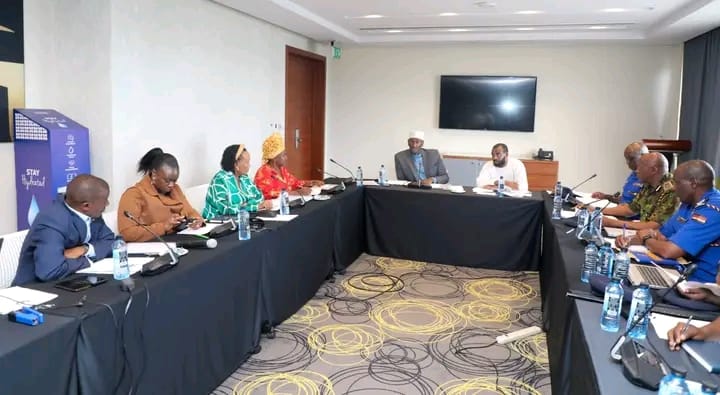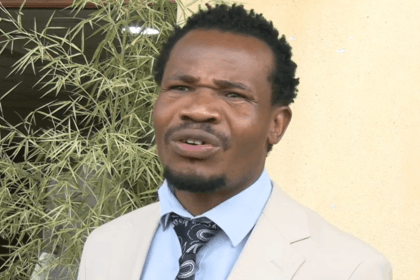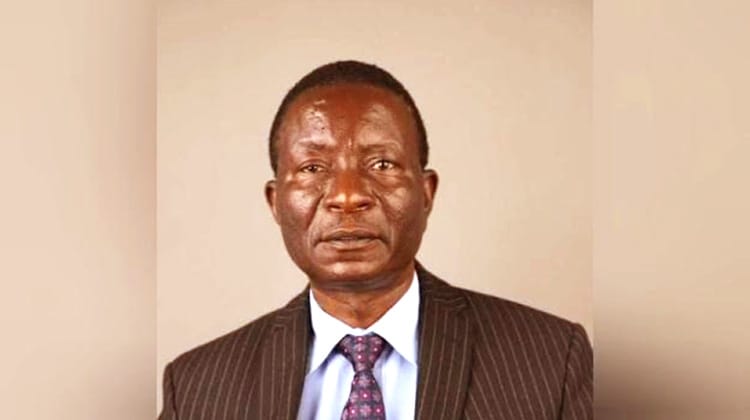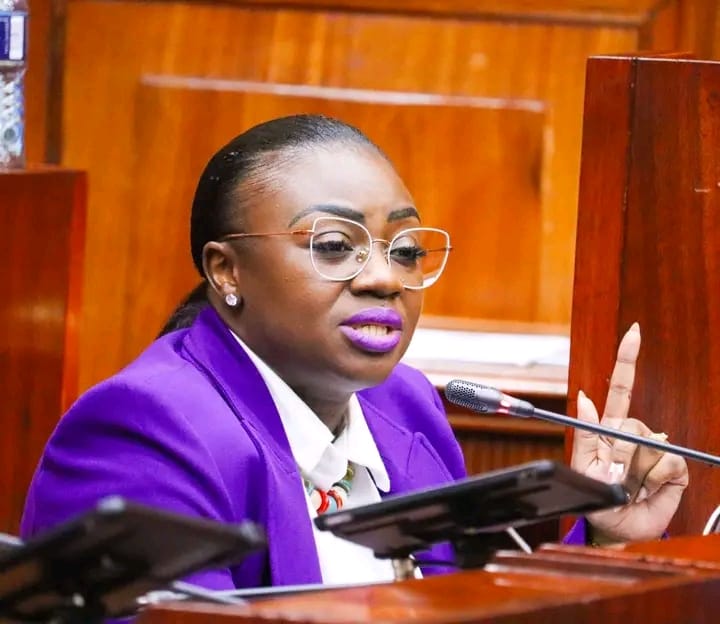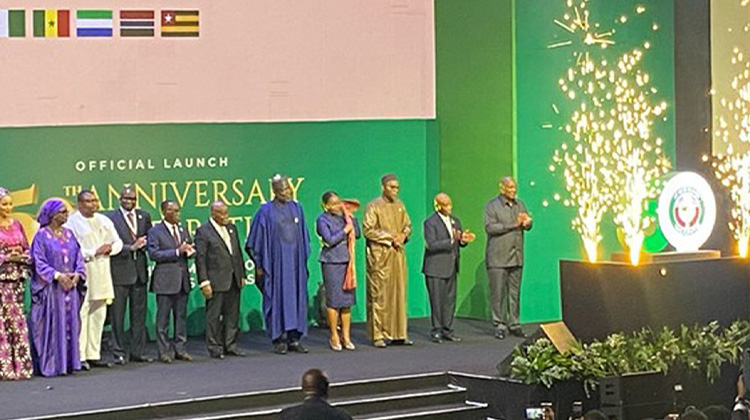Inspector General of the National Police Service (NPS), Mr. Douglas Kanja, appeared before the Senate Committee on National Cohesion, Equal Opportunity, and Regional Integration to detail efforts to promote diversity, inclusion, and fairness within the police force. The session, chaired by Senator Mohamed Chute of Marsabit, also included a separate briefing by Peter Leley, CEO of the National Police Service Commission (NPSC).
IG Kanja opened his remarks by affirming the NPS’s dedication to fostering equitable representation across Kenya’s diverse demographics. “Our commitment to transparency and inclusivity is unwavering,” he stated. “We are implementing robust strategies to ensure that recruitment and promotions reflect the diversity of our nation.”
One of the key measures highlighted by Kanja is the public advertisement of all job opportunities. “Every vacancy is widely disseminated with clear eligibility criteria,” he explained. “This ensures openness and equal opportunity for all Kenyans.” He also pointed out that standardized selection processes, including exams and interviews, are conducted by independent panels comprising NPSC members and external stakeholders to eliminate bias.
To further enhance fairness, certain stages of the recruitment and evaluation process have been automated. “Digital tools minimize human interference, ensuring greater transparency and impartiality,” Kanja noted. These innovations are part of broader efforts to build public trust in the system.
The IG emphasised the importance of data-driven decision-making, explaining that the NPS collects detailed recruitment and promotion data disaggregated by gender, ethnicity, disability, and region. “This data helps us identify gaps in representation and take corrective action to improve diversity outcomes,” he said.
Kanja also outlined ongoing internal audits and compliance reviews conducted in collaboration with oversight bodies such as the NPSC, Senate, Ethics and Anti-Corruption Commission (EACC), and the Ministry of Interior. “These reviews are critical in ensuring adherence to our policies on equity and inclusion,” he added.
Highlighting stakeholder engagement, Kanja credited partnerships with civil society, community policing forums, and the Independent Policing Oversight Authority (IPOA) for providing valuable feedback. “External input helps us identify and address potential biases or exclusions within the service,” he remarked.
On workplace diversity, the IG revealed that the NPS has rolled out training and sensitization programs in partnership with relevant stakeholders. “These initiatives align our reforms with the Constitution of Kenya and reinforce national values of unity and cohesion,” he said.
Addressing the Senate’s role, Kanja called for legislative support to address existing legal gaps. “Your intervention is crucial in strengthening cooperation between the NPS and independent institutions,” he stressed. He also underscored the need for equitable resource allocation, particularly to marginalized counties, and urged the Senate to support grassroots security initiatives through stronger coordination with County Security Committees.
During the session, NPSC CEO Peter Leley echoed many of the IG’s points, emphasizing the commission’s oversight role in ensuring fair recruitment and promotions. Senator Chute’s committee will now retreat to compile a comprehensive report based on both presentations, which will be tabled in the Senate for further consideration.
Senator Chute concluded the session by acknowledging the progress made but urged both leaders to translate their commitments into tangible results. “Kenya deserves a police service that truly reflects its people,” he said. “We will hold you accountable to these promises.”






